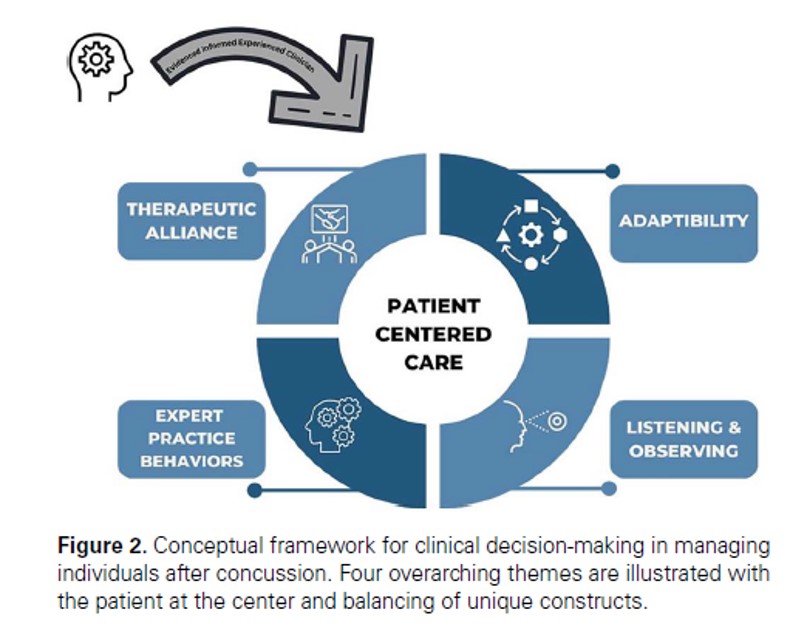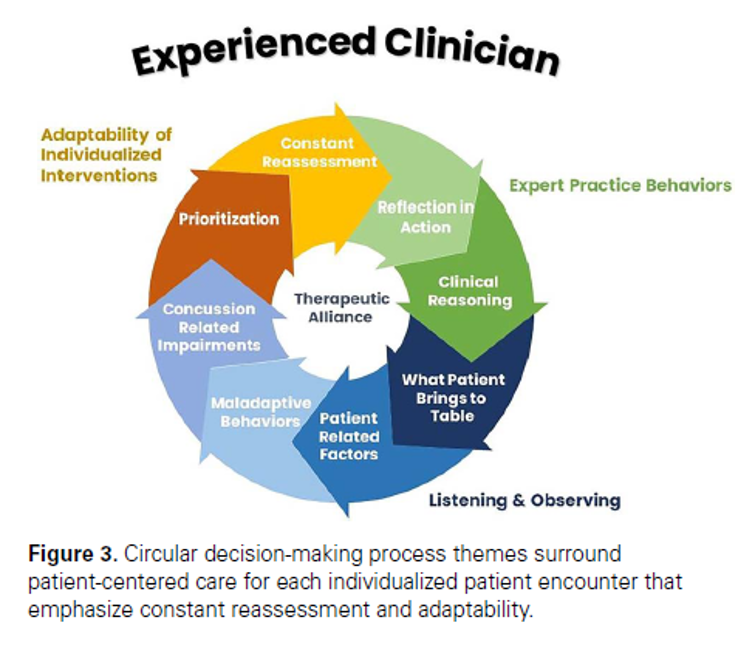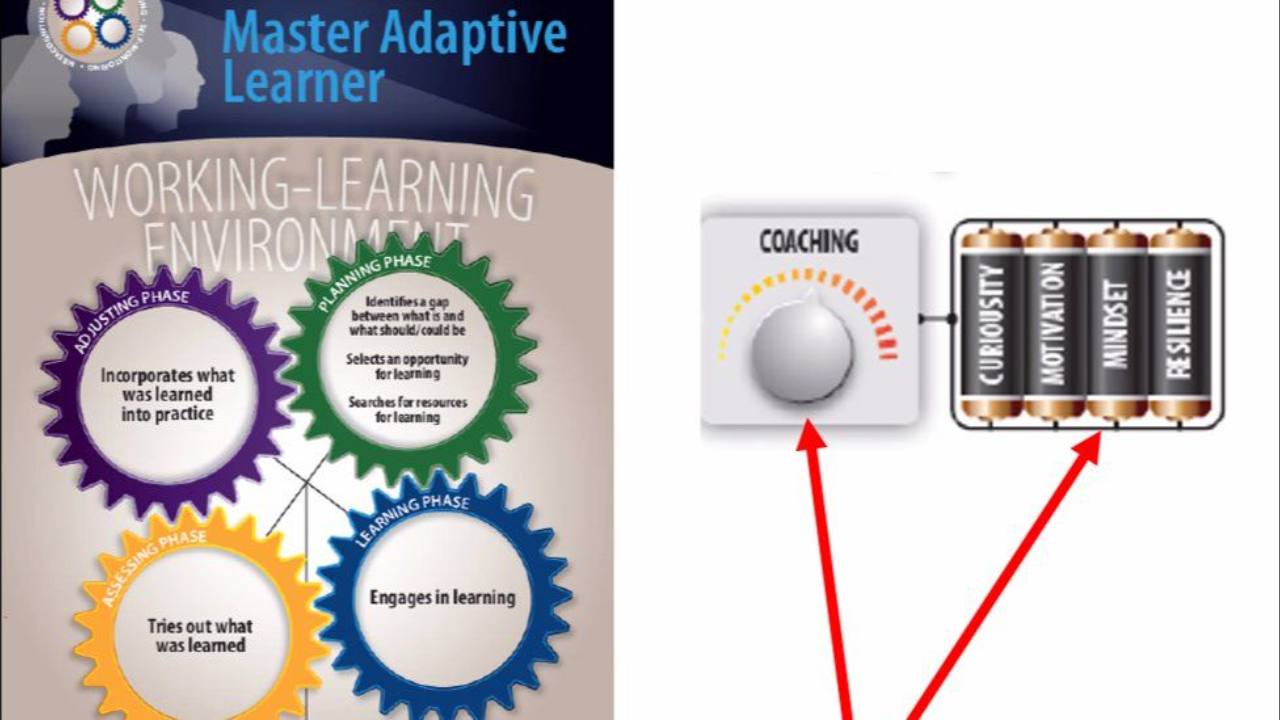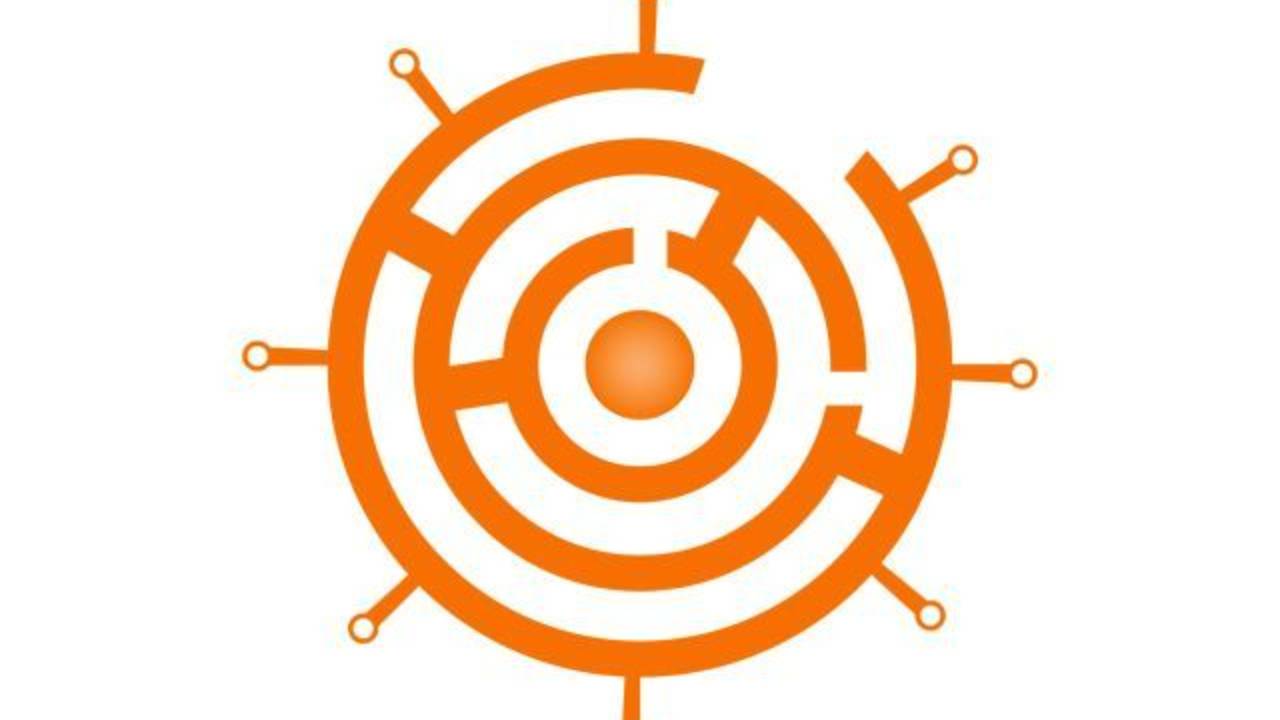🧠 Translating Evidence into Practice: Clinical Decision-Making in Concussion Management
Experienced Clinicians
New research highlights how experienced PTs make complex decisions in managing patients with concussion. This qualitative study interviewed 10 seasoned clinicians to better understand their decision-making process and how it aligns with current Clinical Practice Guidelines (CPG). While this is specific to PT I could see this same framework easily working across mutiple rehab professionals!

🔍 Key Findings for Clinical Practice
1. Clinical Expertise Anchors Individualized Care
-
Expert clinicians rely on pattern recognition, reflection-in-action, and collaborative decision-making.
-
They actively integrate evolving evidence while drawing from extensive clinical experience.
-
Therapists tailor evaluations and interventions based on nuanced symptom presentations and functional goals.
2. Listening & Observation Drive Clinical Reasoning
-
Deep listening and observation during the patient interview reveal both symptom-specific and contextual factors.
-
Therapists distinguish between concussion-related impairments and contributing psychosocial factors (e.g., anxiety, prior trauma, environmental stressors).
3. Building a Therapeutic Alliance Is Central
-
Establishing trust and rapport from day one helps patients feel heard, reducing fear and avoidance behaviors.
-
Clinicians provide individualized education that frames recovery positively, setting clear expectations for progression.
4. Adaptability Is a Hallmark of Effective Care
-
Therapists constantly reassess and prioritize care based on the patient’s response to interventions.
-
Care plans are adjusted dynamically, with emphasis on encouraging active recovery and empowering self-management.

🔄 Alignment with CPG Recommendations
The clinical themes aligned well with the 2020 CPG for concussion rehabilitation:
-
Use of symptom-based trajectory classification (e.g., vestibular, cervical, exertional).
-
Recognition of psychosocial influences on recovery (Level E evidence).
-
Frequent reassessment and outcome tracking (Level F).
-
Emphasis on individualized, patient-centered care throughout evaluation and treatment planning.
💡 Clinical Takeaway
Experienced PTs consistently apply evidence-informed frameworks, while leveraging clinical wisdom to customize care. Novice clinicians can benefit from adopting these expert behaviors—especially pattern recognition, patient education, and adaptability—to improve outcomes in this complex patient population.
Hope this is helpful in providing a framework to approach patients who have had concussion injury and referred to rehab!
Galgon AK, Bliss RA. Experienced Clinical Decision-Making in Physical Therapist Management of Concussion: A Qualitative Study. Phys Ther. 2024 May 1;104(5):pzae027. doi: 10.1093/ptj/pzae027. PMID: 38386996.
Warmly,
Becky
If you are ready to jump right in, please select the link below!




Responses